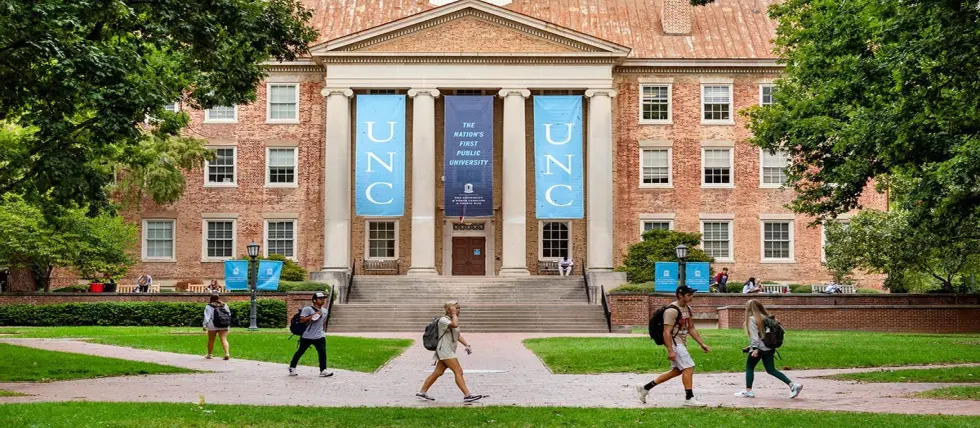Fight over North Carolina Sports Betting Tax Could Stall Budget Talks
A disagreement over the future of North Carolina's sports betting tax rate has emerged between the House of Representatives and the Senate, raising concerns that it could delay final negotiations over the state's next two-year budget. The House introduced its version of the $66 billion fiscal budget on May 19, keeping the state's existing 18% sports betting tax rate unchanged. In contrast, the Senate's version of the budget, released in April, proposes a steep increase, doubling the rate to 36%.

This divergence sets the stage for a contentious debate that could require the formation of a conference committee to reconcile the two versions. With both chambers of the legislature holding firm to their positions, finalizing a unified budget may not proceed smoothly. The Senate's proposed hike in the sports betting tax rate is seen as a potential roadblock in the broader budget approval process.
Related: North Carolina May Double Tax on Sports BettingThe House version of the budget, while not advocating for an increase in the tax rate, includes changes to how revenues from sports betting would be distributed, particularly to public universities. Under the proposed allocation changes, funding eligibility would be extended to the University of North Carolina (UNC) and North Carolina State University, institutions that were previously excluded from receiving portions of the sports betting revenue. The current system only allows the 13 other UNC campuses with NCAA participation to benefit from such funds.
As outlined in the House proposal, public universities where the majority of athletic programs compete in NCAA Division II would receive $300,000 each. Those competing in Division I but without football programs in the NCAA Division I Football Subdivision would receive $1 million each. Additionally, $3 million annually would go to the North Carolina Youth Outdoor Engagement Commission for grant programs, while $10 million per year would be allocated to the North Carolina Major Events, Games, and Attractions Fund.
The remaining sports betting revenues would be allocated in a tiered system: 70% of those funds would be divided among public universities to support athletic departments. Of that 70%, 20% would be equally distributed across all public universities, and 50% would be specifically directed to universities with football programs competing in the NCAA Division I Football Subdivision. Any remaining funds would be deposited into the state's general fund.
More Regulation News
 Regulation
Regulation
Hernandez Breaks Silence After UFC 324 Fight Canceled over Suspicious Betting
Feb 02, 2026Raising the Bar on US Sports Betting Taxes
The Senate's proposal to double the tax rate to 36% would place North Carolina among the states with the highest sports betting tax rates in the country. If enacted, the new rate would take effect on October 1, 2025, applying to all licensed sports betting operators in the state. This would align North Carolina with Pennsylvania, which also imposes a 36% tax rate on sports betting revenue, though it would remain below states like New York, New Hampshire, and Rhode Island, each with rates of 51%, and Delaware at 50%.
Since launching legal sports betting in March 2024, North Carolina has generated over $751.9 million in gross revenue over its first 13 months. The existing 18% tax rate has resulted in more than $135.35 million in tax revenue for the state.
Had the 36% tax rate been in place during the same period, the state would have collected more than $270.7 million. This potential revenue gain is part of the Senate's justification for seeking the increase, although the House has opted to focus on revenue distribution changes rather than a rate adjustment.
RELATED TOPICS: Regulation
Most Read
Mississippi Committee Advances Bill to Criminalize Online Sweepstakes Casinos
Jan 29, 2026Giuseppe Iadisernia Wins Seminole Hard Rock Lucky Hearts Poker Open Championship
Jan 28, 2026Must Read
 Interviews
Interviews
Exclusive Interview: Levon Nikoghosyan Shares AffPapa Winning Formula for Successful iGaming Events
Dec 03, 2025 Interviews
Interviews





Review this New Post
Leave a Comment
User Comments
Comments for Fight over North Carolina Sports Betting Tax Could Stall Budget Talks